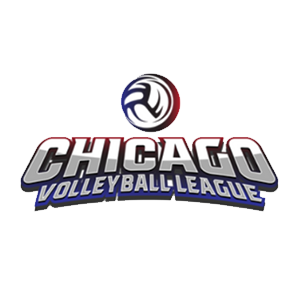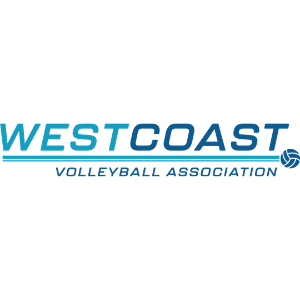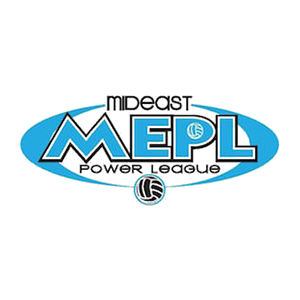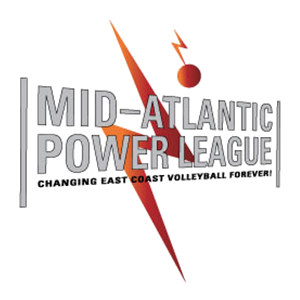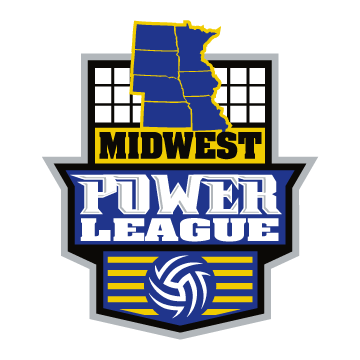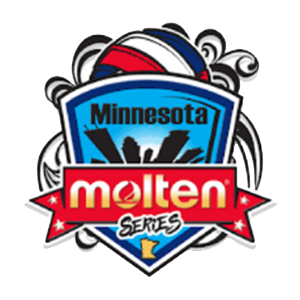Power Leagues are tournament series comprised of junior volleyball clubs located in a specific region of the U.S. that compete against one another for rankings
The basic premise of a Power League is to provide a core schedule of matched competition in a drivable geographical area. The word “power” might be misleading, as it seems to indicate an elite level of competition. “Matched competition” means that teams are playing against other teams similar to their level of experience. Teams at all experience levels realize the benefits of a power league.
The first weekend is for seeding, so how a team finishes the first weekend determines where they are grouped for bracket play the second weekend. Teams are grouped together with teams who finished with the same record during the previous weekend and each week a pre-determined number of teams are moved up or down based on their performance. Ideally a power league will be scheduled in sites that are a reasonable drive for all teams.
In leagues that rotate sites, it is ideal that age divisions are scheduled to equally share the amount of travel that might be required. This is especially important for leagues that are not centered in a very large population area.




